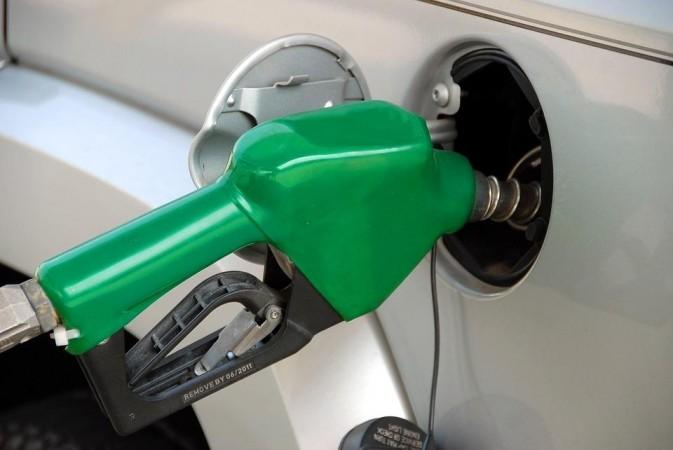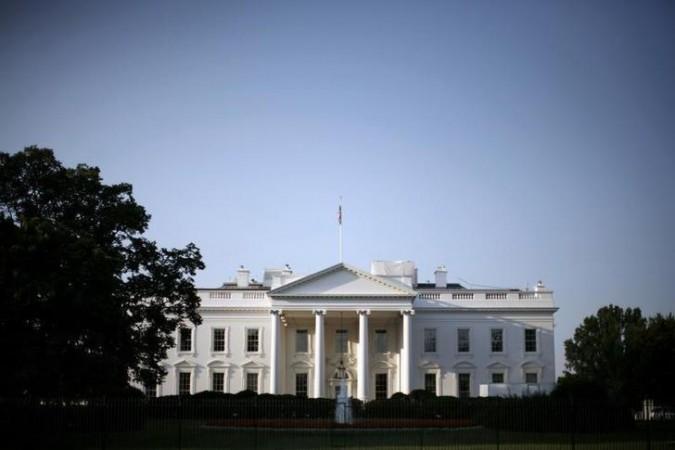The US inflation rate hit a 40-year high in the year to March after fuel prices soared during the first full month of the Ukraine war, BBC reported.
Consumer prices surged by 8.5 per cent -- the largest annual gain since December 1981 -- following a double-digit rise in energy prices.
Last month, US President Joe Biden had banned all imports of oil and gas from Russia following the latter's invasion of Ukraine.
At the same time, US fuel prices reached new record highs, BBC reported.
US energy prices rose by 32 per cent in the year to March, according to the country's Labor Department.
It also said that food prices surged over the same period, up by 8.8 per cent. Like energy, food price inflation has been exacerbated by Russia's invasion of Ukraine. Both countries are big exporters of widely-used goods such as wheat and sunflower oil.

"The Russia-Ukraine war has added further fuel to the blazing rate of inflation via higher energy, food, and commodity prices that are turbo charged by a worsening in supply chain problems," said Kathy Bostjancic, chief US economist at Oxford Economics, BBC reported.
The US central bank also signalled that the interest will rise a number of times this year.
On Tuesday, Russian President Vladimir Putin said that inflation and rising food and petrol prices in Western countries would start to put pressure on politicians there.

Inflation rates were already rising before Russia's invasion of Ukraine as many global economies reopened following the lifting of Covid restrictions. However, prices appear to be accelerating at a time when wage growth is struggling to keep up.
Recent figures show that average hourly earnings in the US rose by 5.6% in the year to March, well below the latest rise in the cost of living, BBC reported.














